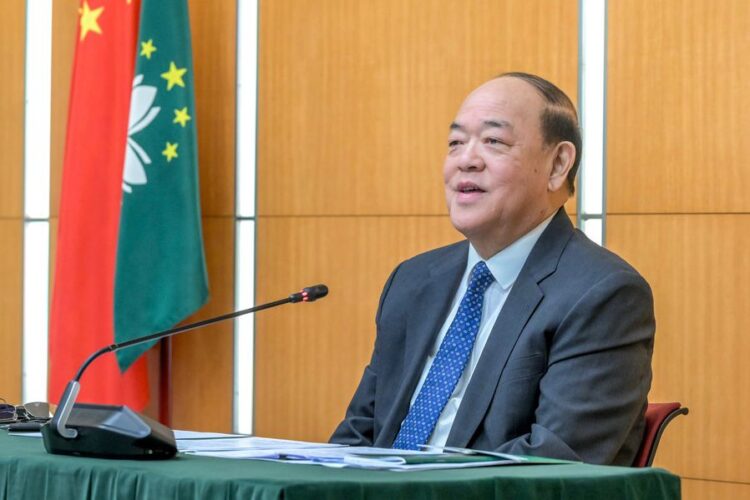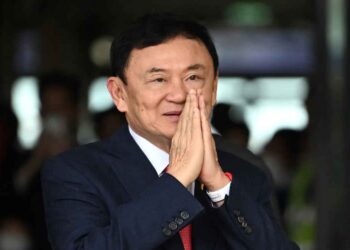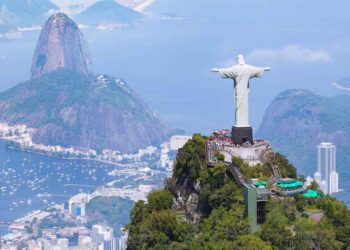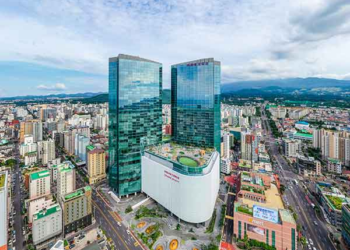The Chief Executive of Macau, Ho Iat Seng, says the gaming industry accounted for less than 40% of Gross Domestic Product (GDP) last year, arguing that it is no longer a city where one industry dominates.
At a press conference on Sunday, Ho revealed that “according to the official figures to be announced soon, the gaming industry only accounts for about 36% of GDP in 2023, with the rest being non-gaming elements.”
That figure might be somewhat skewed by the industry’s recovery trajectory post-COVID, with 2023 GGR of MOP$183.1 billion (US$22.8 billion) accounting for only 62% of the MOP$293.31 billion (US$36.5 billion) recorded in 2019.
However, Ho stated that Macau’s GDP in 2023 had already returned to 80% of 2019 levels and that “the data is already comparable – the downward adjustment in the share of the gaming industry can be used as a reference data.”
Ho’s view runs contrary to the suggestion that much of Macau’s “non-gaming” economy (hotels, retail, F&B, entertainment) might not exist were it not for visitors driven largely by Macau’s unique selling proposition – its gaming offering.
He also said Macau has reversed the “dominance of one industry”, in line with the government’s goal of diversified development.
“It is estimated that the share [of GDP from the] gaming industry will increase in 2024, but the government will endeavour to maintain the share at 40% or below,” he explained.
The Macau government has made no secret of its desire to promote development of non-gaming elements in the aftermath of the outbreak and stated in its economic plan for the next five years, published in August 2023, that it expects to increase the GDP share of non-gaming sectors to 60% by 2028.
The government also expects the share of non-gaming employment to remain at 80% by 2028, and the dependence of government recurring revenue on gaming to be lower than in 2019.


































